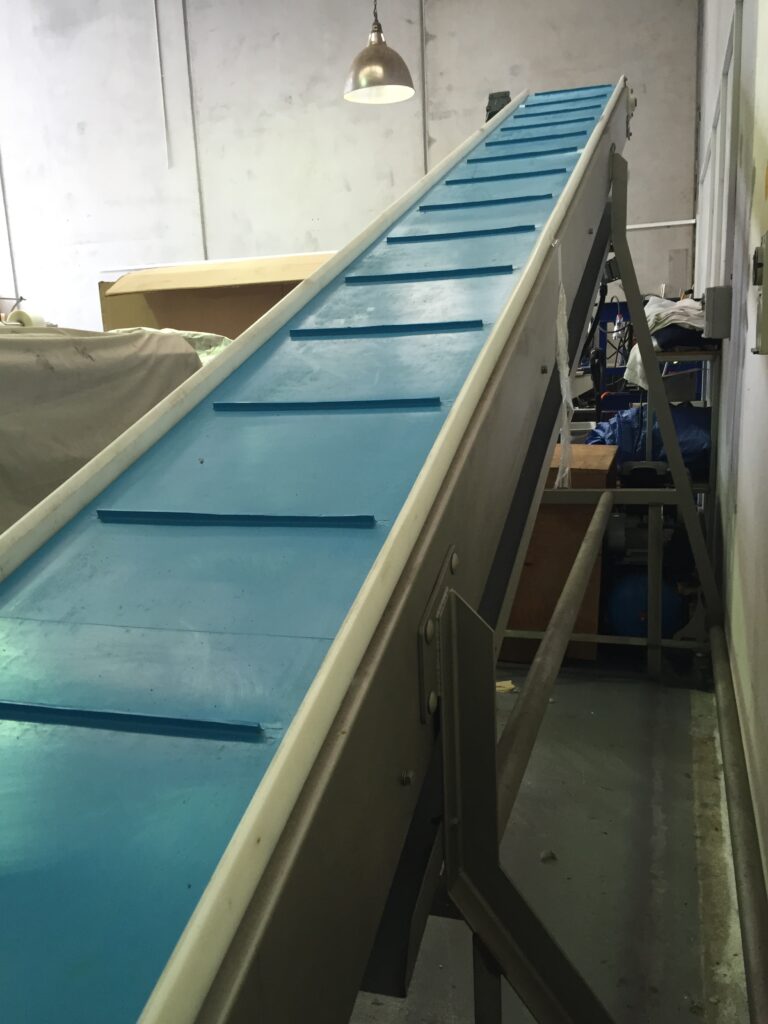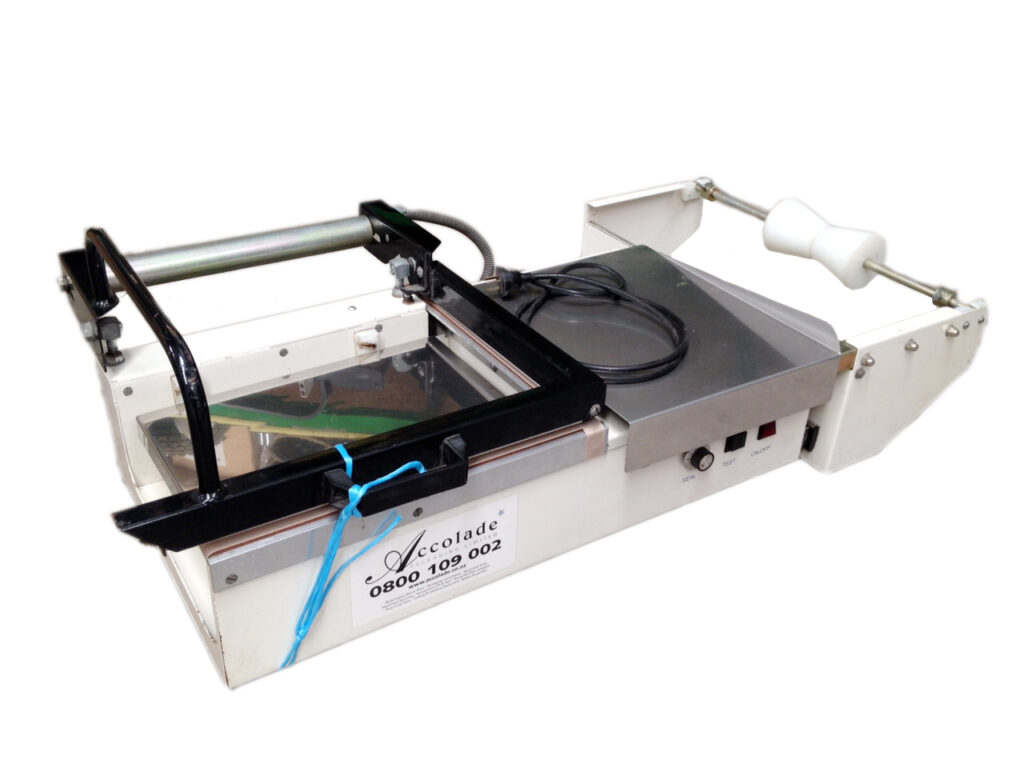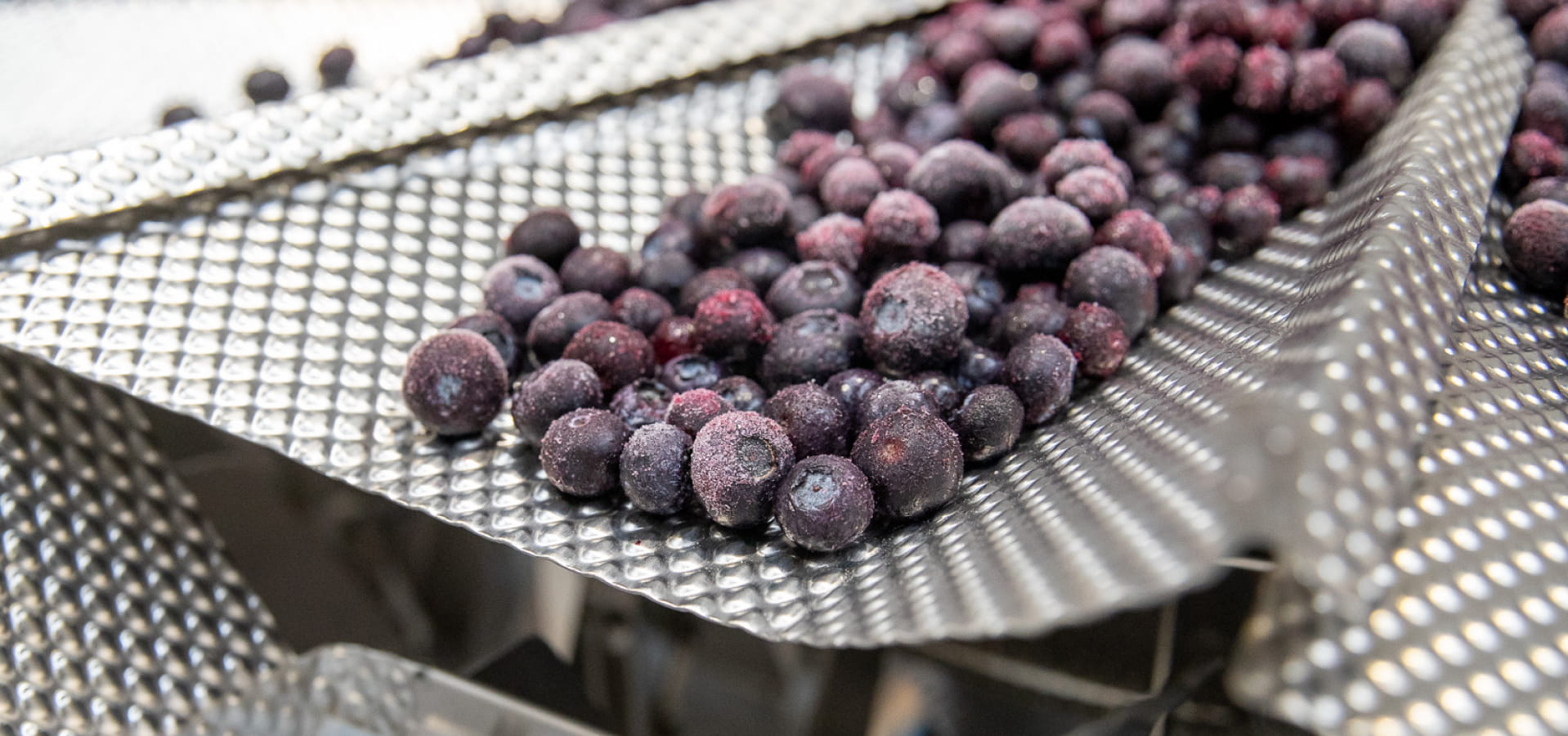What are the different types of second-hand food packaging machines?
There are different types of used flexible food packaging machines designed for specific needs. One type is the form-fill-seal machine, which creates packaging from a roll of flexible material, fills it with the food product, and seals it in one continuous process. Another type is the pouch filling and sealing machine, which focuses on filling pre-formed pouches with food products and sealing them. Additionally, there are vertical and horizontal form-fill-seal machines, with vertical machines being suitable for products like snacks or granular items, and horizontal machines being ideal for trayed items or individual bars. Overall, these various types of machines offer tailored solutions for different flexible food packaging requirements.
How do I choose a used heat sealer?
Firstly, determine the type and size of the packaging you need to seal, as different sealers are designed for specific materials and dimensions. Consider the sealing width and length requirements.
Secondly, assess the sealing method that suits your needs, such as impulse sealers for thinner materials or direct heat sealers for thicker materials. Evaluate the sealer’s temperature control, adjustable settings, and sealing speed to ensure it aligns with your production requirements.
Lastly, consider the durability, reliability, and safety features of the sealer, as well as the availability of service and support.
You can buy new or second-hand L-bar machines but make sure your supplier backs it up with servicing and a warranty.
How do I choose a used conveyor system?
Firstly, assess the condition of the conveyor and ensure it’s suitable for food industry standards. Look for any signs of wear, damage, or corrosion that could potentially contaminate the food. Secondly, consider the size and capacity of the conveyor to ensure it can handle your packaging requirements. Evaluate its speed, adjustability, and compatibility with your production line. And check if the conveyor is made of food-grade materials that are easy to clean and sanitise. Finally, consider the reputation and reliability of the seller to ensure you are purchasing from a trustworthy source.
What should I look for when buying a used coder?
Look for any signs of damage, wear, or malfunction. Secondly, check the compatibility of the used coding machine with the specific coding requirements of your products, such as inkjet, laser, or thermal printing. Consider the machine’s capabilities, such as print quality, speed, and coding options. Additionally, ask your supplier about the availability and cost of spare parts and consumables for the machine. Lastly, evaluate the reputation and reliability of the seller, and make sure they are trustworthy.


